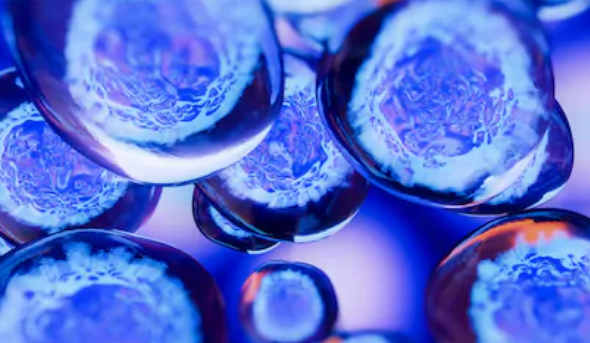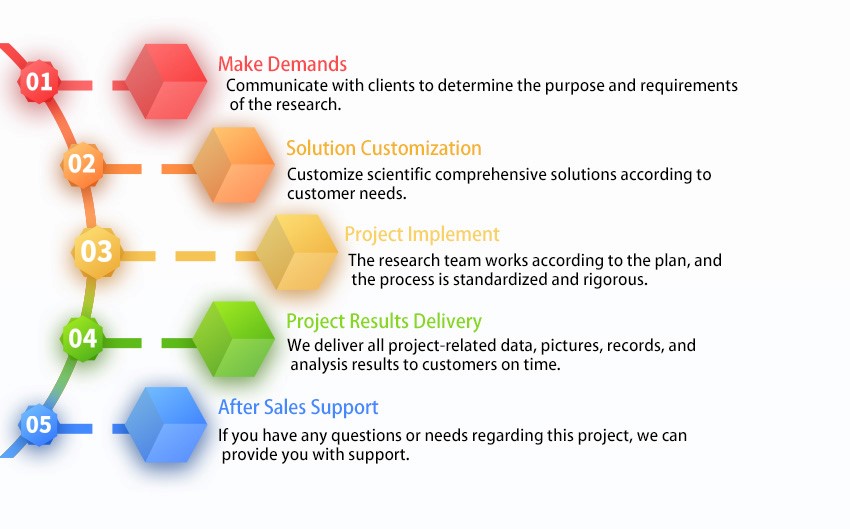What Is Autophagy
Autophagy is a lysosomal degradation pathway in which damaged or excess cell components are degraded and then recycled back to the cytoplasm. In this respect, autophagy drives a flow of biomolecules in a continuous degradation-regeneration cycle. Autophagy is generally considered to be a self-protection mechanism that protects cells under stress or malnutrition conditions. Current research has proved that autophagy has many functions in important biological processes. It is closely related to development, differentiation, innate and adaptive immunity, aging and cell death.
Autophagy and Diseases
As autophagy plays a role in many important biological processes, defects in autophagy signaling could be associated with many diseases. Autophagy has been linked to neuronal disorders, liver and heart diseases, infectious diseases, cancer, diabetes type II, cystic fibrosis and many more.

Creative Bioarray has a professional autophagy research platform. The main methods of autophagy detection include but are not limited to:
We provide autophagy marker detection services to detect cytotoxicity marked by cell viability and apoptosis marked by caspase activation to determine the mechanism of cell death.
Autophagy compound library is a useful tool for screening autophagy antibodies in vitro. The compound library includes a variety of autophagy inducers or inhibitors, which can screen autophagy-modulating compounds.
| Autophagy dependent on mTOR pathway |
|
| Other signal pathways |
|
Creative Bioarray has rich research experience in autophagy research. Relying on a professional equipment platform and an experienced scientific research team, we can guarantee the high-quality completion of your project.

Professional Platform and Excellent Team
We have a professional technical platform, equipped with advanced instruments and talented and well-trained experts.
Committed to Quality
We put quality first. We provide high-quality products, services and solutions to support customers worldwide.
World-class Service Capabilities
We provide one-stop service, from order to final report, to provide the best solution for your research. We hope to help you complete your research more easily and efficiently.
Customer-centric
We adhere to a mutually beneficial and win-win cooperation model, pay attention to customer needs and goals, and create the greatest value for customers.
If you are interested in our services, please contact us for more detailed information.
Online Inquiry